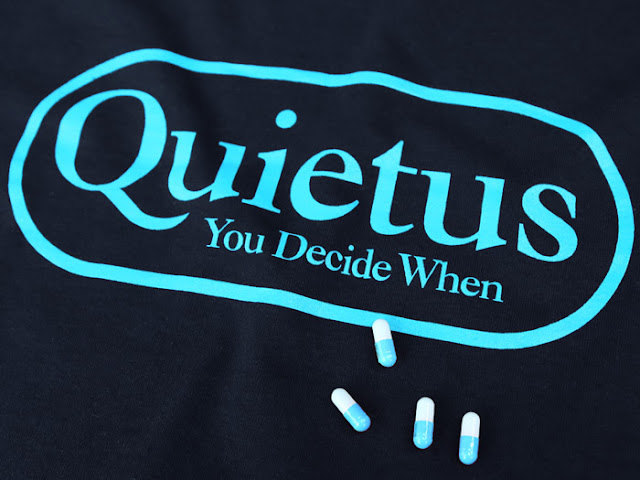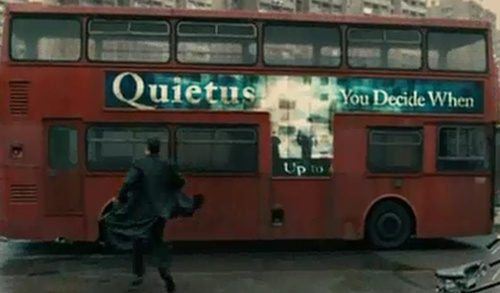The human cost of environmental degradation I want to avoid is already happening.
I hear people say that things have to get bad enough before people will act on the environment. They’re fooling themselves; every time we lower Earth’s ability to sustain life, they adjust and say it still has to get worse.
For example, I’m sure that most people, if asked in 2019, would say a global pandemic that forced billions of people into house arrest and bitterly divided nations would motivate them to act, not meaning they would not fly because authorities, but of their volition to help. Needless to say, nearly no one did. We manufactured more plastic and pushed to restore flying to pre-pandemic levels as soon as possible.
What do you want to save?
I’ve thought about what I want to protect. We’ve already lost most rain forests, millions of species while rats thrive, and clean beaches. For a while I said I’d want to sustain society enough to maintain the internet.
What’s worth saving to you? Local parks? Wild animals? Wild fish?
What I want to save
The movie Children of Men includes a product called Quietus. In the movie, humanity has no hope of surviving. Nearly everyone is giving up. The government distributes Quietus, a drug for euthanasia. Here are a couple scenes featuring it. The first features a commercial for it, the second features two characters talking about it.
I want to avoid a world where people voluntarily and deliberately choose to end their lives as a rational choice as a common option.
Quietus: You Decide When:

An ad for it on a bus:

We’re approaching it
The media have long reported younger people increasingly choosing not to have kids because they don’t expect kids born today to have meaningful chances of fulfilling lives. They don’t want to bring them into a polluted world and live punishing lives.
Earlier today I spoke to a senior citizen. She doesn’t agree with my approach to try to live sustainably and pollutes on par with most Americans. She may say she tries to reduce her pollution, but does little.
Today she said she was glad to be “checking out” soon. I asked her to clarify, and by “checking out,” she meant dying before things got too bad. She’s intelligent, knowledgeable, and thoughtful, not crazy or mindlessly swallowing what doomsayers say. Hearing her say it was a tragic coming-of-age moment for me. I’d hoped such moments would come later.
A decade or two ago, when we read what would happen in, say, 2050, we’d calculate how old we’d be when things grew intolerable and generally concluded, “that result sounds awful, but whew, the worst will happen after I’m gone.
Now once-inconceivable results of our pollution are happening already, so people younger than senior citizens can’t weasel out of fears of futures not worth living in. They concoct other rationalizations to avoid polluting less, like fantasizing that electric vehicles will cause less pollution (they’ll cause more overall even if each one pollutes less than a gas-powered alternative because if you make a polluting system more efficient, you pollute more efficiently), that sequestering carbon with technology or regenerative farming will solve our problems, and such diversions.
We can avert this future and it’s easy
- More vegetables
- Less driving and flying
- Less deliveries
- No Amazon.com, Facebook, Trader Joe’s, Starbucks, and their polluting peers
- Fewer children
I can attest, you can do each and you’ll find your life just fine.
I suggest you don’t want to live in a world accepting and promoting Quietus. The alternative is living sustainably, which is joyful.
Read my weekly newsletter

On initiative, leadership, the environment, and burpees